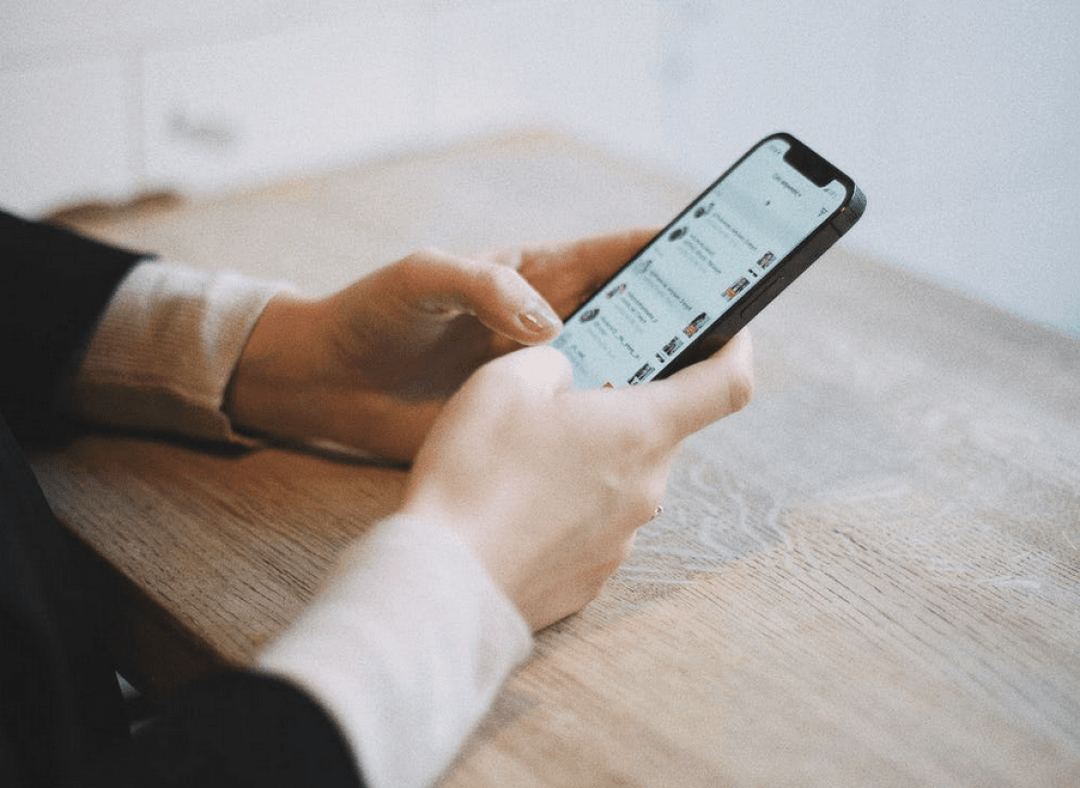Secure Your Phone with These 6 Best Tips

Smartphones are the most significant gateway to our personal life, and unfortunately, they can be easily hacked. From private files, photos, videos to personal information such as bank accounts, cybercriminals can do a lot of damage to us through our smartphones.
Fortunately, you can take some easy steps to secure your smartphone today! It is essential to be informed and avoid such situations, and it’s always best to be safe than sorry. With that being said, here is how you can secure your phone with these six best security tips!
Disable Automatic WiFi Connection
Today public WiFi is available at every corner of the street. If your phone is set to connect automatically to any near available WiFi, your data becomes highly vulnerable. You essentially give away your location and identity.
Public WiFi is notoriously unsafe since they aren’t secure connections. A hacker can use this connection and plant malware on your smartphone. Depending on the malware, it can steal even more valuable data from you.
Turn Off Bluetooth & NFC
Another great security flaw that mobile users seem to ignore is the use of Bluetooth & NFC. Though these features are great for connectivity, you should only use them in safe locations. Like the automatic WiFi connection, these settings can act as a gateway for cybercriminals to access your device.
For example, with your NFC, you can make contactless payments. However, you are susceptible to fake card readers and other scamming devices.
Install OS Updates
No matter what OS you use on your smartphone, keep it updated! Any outdated software can act as a gateway/outdoor for hackers. Updates keep your software working as it should and corrects any possible bugs and security holes. If your OS is outdated, software becomes buggy, and weak security chains are more easily exploited.
Use Security Software
Any smartphone user should install security software on their phones. Just like an antivirus on your PC, smartphone security software will help you against malware and other viruses. Some even show you what the weakest security spots on your mobile are.
If you decide to use security software on your phone, it is essential, like any other software, to keep it updated. This way, new malware and viruses will have a more challenging time getting through your system.
Always be wary of links you receive through SMS or email. Don’t respond to such senders, as you can attract their attention further.
Try Out a VPN
With a VPN, you can keep your data on your smartphone encrypted. More than this, you become anonymous on the web and even establish secure connections with public WiFis. A VPN will hide your network and replace it with a fake one.
Any would-be attacker or tracker will use this fake network instead of the real one. The best VPN providers also come with various features, such as great internet speed and plenty of choosable geo-locations for you to enjoy.
By switching your geo-location with a VPN, you can access geo-restricted content as well and get rid of annoying ads and trackers.
Check App Permissions & Download from Approved Sources
We often treat the apps on our smartphones with great carelessness. What harm can an app do, right? Unfortunately, this is the preferred scamming method for many online cybercriminals to either steal your data or alter your device.
Should a simple game have access to your video or camera? Does a calculator need to have an internet connection? These are some big scamming app red flags that you need to consider, and you should regularly check app permissions.
Anything too intrusive can be a red flag. Apart from checking app permissions, you should also only download them from approved sources. However, even here, you have to be careful. Make sure to read the reviews and see what other people have to say about the app beforehand.